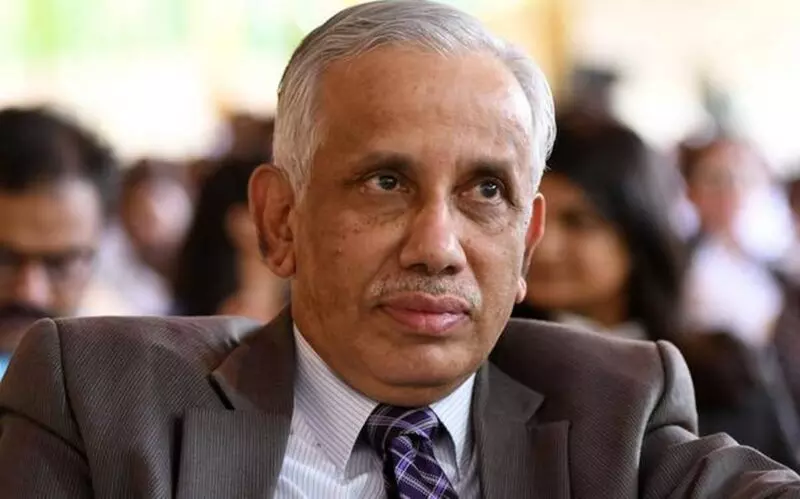The office of the Governor has for quite some time become a place for political intrigue and the appointees are often tasked with furthering the interests of the ruling party at the Centre. The Raj Bhavans are more often than not stacked with either ruling party leaders or those seemingly rewarded for their actions that leave no one in doubt about their intent to serve the party in power with an ulterior motive.
It would not be wrong to view the appointment of former Supreme Court judge S Abdul Nazeer as the Governor of Andhra Pradesh February 12 in this light. What strengthens the suspicion that he is but a political appointee is the fact that he got the post within 40 days of his retirement from the apex court. There is no cooling off period for a judge so this intervening period is too short to prompt one to take a charitable view. It is being seen, not without justification, as a quid pro quo for his series of judgements in favour of the BJP government at the Centre in the recent past on some of the most controversial issues involving the entire nation. Starting from 3 Talaq, Ayodhya temple land issue and culminating in the Demonetization judgement, Nazeer has consistently shown his dark side to the observer. He is one of the three apex court judges who have been appointed to the plum posts of Governor or nominated as member of the Rajya Sabha by the current dispensation. This is a record of sorts and a matter of grave concern since the Constitutional distinction between the executive and the judiciary gets blurred in the process. These are two pillars of democracy and the separation of powers embodied in them is essential for the healthy functioning of the system of checks and balances guaranteeing the survival and incorruptibility of democracy.
Technically, there is nothing amiss in the appointment of Justice Nazeer. For, there is no provision in the Constitution that bars retired judges from accepting from the government offers of jobs in which their legal acumen will stand in good stead. But, it is a question of the legal principle of justice being seen to be done. It is this principle which runs the risk of being compromised if a retired judge gets government favours after retirement notably for verdicts he or she had given during their judicial tenure that suited the interests of the government.
This is precisely what a former legal luminary and a key BJP minister Arun Jaitley once stated inside and outside the Parliament condemning in unequivocal terms the practice of appointing retired judges in government positions. His words in the House on September 5, 2013, were emphatic and bear repetition: “The desire of a post-retirement job influences pre-retirement judgements. It is a threat to the independence of the judiciary.”
Arun Jaitley was one of the triumvirate that ran the Narendra Modi-government since its installation in 2014 till his death. That his words can be turned upside down by the same government shows the latter’s desperation and dire political necessity.
Justice Nazeer was part of the five-judge Bench that decided the disputed Ram Janmabhoomi case in November 2019 handing over the Ayodhya land to the Ramjanambhoomi Trust. The verdict was virtually a reward for criminals belonging to the saffron brigade who had pulled down the historic Babri Masjid. Close to his retirement on January 4 Justice Nazeer headed the Bench that upheld the Centre’s Demonetization policy of November 2016. He was also part of a Constitution Bench that held that no further restriction can be added to the right to free speech under Article 19(1)(a) of the Constitution.
Before Justice Nazeer the Modi-government appointed former Chief Justice of India P Sathasivam as Governor of Kerala. Former CJI, Ranjan Gogoi, who presided over the Bench for the Ayodhya Ram Mandir dispute, was made a Rajya Sabha member soon after his retirement.
This action takes further the process of making the judiciary pliant to the executive by dangling carrots so as to foist autocratic rule with impunity. Nazeer exemplifies the real danger to the country’s democratic system.
